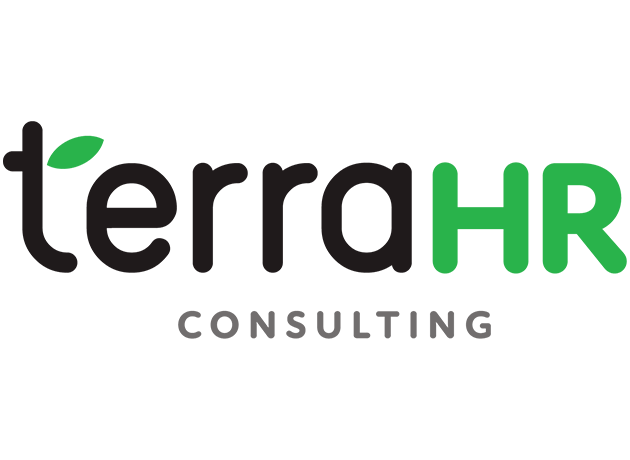How to Prepare for an Interview with a Recruiter
Meeting with a recruiter can feel a little different than interviewing directly with an employer. Recruiters act as your gateway to opportunities, and the impression you leave can influence whether your name moves forward. With the right preparation, you’ll showcase your skills, build confidence, and make the most of your conversation.
Why the Recruiter Relationship Matters
Many candidates underestimate the value of their relationship with a recruiter. Every interaction you have with them is a preview of how you might communicate with future colleagues, stakeholders, or clients. That’s why professionalism, politeness, and clear communication are so important. Even small details—like checking for typos or writing thoughtfully—help you stand out.
-
Understand the Recruiter’s Role
Recruiters aren’t the final decision-makers, but they are trusted advisors to hiring managers. Their role is to evaluate your skills, fit, and potential to represent the employer’s brand. Think of them as your advocate: the clearer you are about your experience and goals, the better they can represent you.
Recruiters also dig deeper than just skills. They often uncover your true motivation for seeking a new role—whether that’s compensation, career growth, leadership opportunities, or work-life balance. A good recruiter can advocate for the things that matter most to you, even if they don’t come up in later interviews.
-
Do Your Homework
Preparation signals interest and professionalism. Before meeting your recruiter:
- Review the job description: If they’ve shared a role, match your skills to the requirements. Be ready to give specific examples by highlighting:
- The nature of the project
- Your responsibilities (What tasks did you handle?)
- Tools or software you used, and how you applied them
- Know your career story: Be prepared to explain your background, why you’re exploring new opportunities, and what you’re aiming for next.
-
Prepare Your Talking Points
Recruiters will ask questions to assess both your qualifications and expectations. Be ready to discuss:
- Career highlights: Two or three accomplishments that best showcase your strengths
- Your skills: Especially transferable ones that apply across industries
- Work preferences: Your desired role, ideal work environment, and location flexibility
- Salary expectations: Be honest and realistic. If you’re unsure, share a range. Recruiters often provide insight into current salary trends to help you stay informed.
-
Bring Questions of Your Own
Remember: this is also your chance to learn. Great questions to ask include:
- What is the company culture like? What are the team dynamics?
- Can you walk me through the hiring process and what communication will look like? (This helps you avoid the uncertainty of waiting without updates.)
- How does my profile compare to the market? Are there other roles I could explore using my transferable skills?
Asking thoughtful questions shows you’re engaged and proactive while giving you valuable insights for your job search.
-
Mind Your Presentation
First impressions count—even virtually. Pay attention to the details:
- Dress appropriately: Present yourself in a professional manner.
- Check your tech setup: Make sure your camera works, your background is clear and bright, and background noise is minimized. Avoid common mistakes like poor camera angles or dim lighting.
- Be punctual: Arriving on time signals reliability.
- Communicate clearly: Keep answers concise and positive. If you need a moment to think, it’s perfectly fine to say, “That’s a great question, let me think for a moment.”
-
Follow Up
After the interview, send a short thank-you note. Reiterate your interest and mention one or two highlights from your conversation. This small gesture shows professionalism and helps you stand out. Plus, recruiters who see you follow up confidently will trust you’ll do the same with hiring managers and future colleagues.
Final Thoughts
Preparing for a recruiter interview is about more than answering questions—it’s about building a professional relationship. A recruiter can be an ally in your career journey, opening doors to opportunities you might not find on your own.
When in doubt, lean on them as a resource. They can provide insight into the job market, feedback on your profile, and guidance for your next steps. With preparation, clear communication, and a positive attitude, you’ll transform your recruiter meeting into the first step toward your next role.
If you have any questions or need support in your job search, please contact us at info@terrahrconsulting.com


